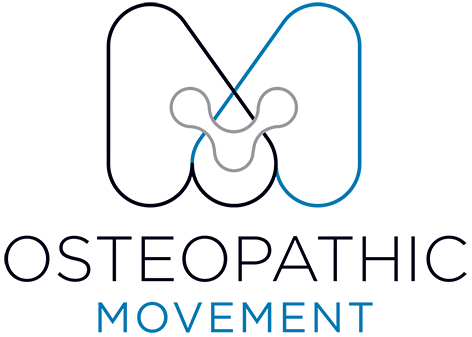Shoulder Tightness and Pain Part 2:Stress
Shoulder and Neck Tension From Stress: Why It Happens and How to Relieve It
(Part 2 of a 3-part Shoulder Series: Desk Work, Stress & Overhead Activity)
Stress — we all experience it. For some people, it’s obvious when stress builds up; they feel their shoulders tighten, their breathing shallow, and their neck ache. For others, tension accumulates quietly until their body begins sending warning signals in the form of pain, fatigue, or headaches.
The upper shoulders and neck are the most common areas where stress manifests. Many people first seek osteopathic treatment for this very reason — persistent tightness, discomfort, or stiffness that simply won’t go away.
Why Stress Affects the Neck and Shoulders
When you feel stressed, your body unconsciously assumes what’s known as a flexion posture — a subtle “closing in” or forward-bending position. This is part of an ancient protective mechanism wired into your nervous system.
Think about it:
A person who is anxious or withdrawn often slouches, rounds their shoulders, and tucks their head down — a position of protection.
A confident, joyful person, by contrast, expands upward — arms raised, chest open, posture proud and tall.
These contrasting postures are influenced by your serotonin and stress hormone levels, and they affect how your body feels. Chronic stress encourages the protective, slouched position, tightening the upper trapezius, levator scapulae, and neck muscles, while compressing the chest and restricting breathing.
Over time, this can lead to:
Reduced range of motion
Fatigue or postural strain
How to Break the Cycle
To reduce stress-related tension, you must calm both your nervous system and your musculoskeletal system. The goal is to interrupt the stress response and restore your body’s natural balance.
1. Mindfulness and Meditation
Before you roll your eyes — yes, it really works.
Short breaks throughout the day for slow, deep breathing can lower stress hormones and reduce muscle tension.
There are fantastic meditation apps available:
Headspace (subscription-based, high quality)
Smiling Mind (Australian and free)
Start with just a few minutes daily and gradually build up. Consistency matters more than duration.
2. Try Yoga
Yoga combines movement, stretching, and breath control, all of which relieve tension and improve posture.
It doesn’t have to be spiritual or intense — it’s simply structured movement that “oils” your joints and reconnects your body and mind.
Choose a studio or online program that feels approachable and, most importantly, enjoyable — because routine practice is what creates lasting change.
3. Manage Your Stressors
Remember the cup of water metaphor:
Think of your body as a cup. Each source of stress — emotional, physical, or lifestyle-related — adds water. When the cup overflows, symptoms like pain, fatigue, or anxiety appear.
Reduce what fills your cup by addressing stressors such as:
Poor sleep
Dehydration
Too much caffeine, alcohol, or processed food
Excess screen time
Lack of movement or downtime
And refill it with restorative activities — walking outdoors, connecting with loved ones, cleaning your space, or simply doing something that makes you feel calm.
How Osteopathy Helps
Your South Yarra osteopath can play a key role in reducing stress-related tension.
Osteopathic treatment focuses on releasing tight muscles, improving joint movement, and calming the nervous system.
During treatment, your osteo may:
Use soft tissue techniques to reduce muscle tone and ease discomfort
Perform joint mobilisation to restore motion in restricted areas
Provide postural advice and breathing exercises to prevent recurrence
Offer lifestyle recommendations tailored to your unique stress triggers
Osteopaths don’t just treat the site of pain — they consider the whole person, including emotional, lifestyle, and environmental factors that influence your wellbeing.
We Can Help!
If stress is leaving you tight, tense, or uncomfortable, our experienced South Yarra osteopaths at Osteopathic Movement can help. We provide hands-on treatment, relaxation techniques, and postural advice in our Osteopathic Movement wellness centre. Book your appointment online to restore balance and relieve tension today.
Written by Dr Dayne Sweres (B.AppSci (CompMed), M.Osteo) – Founder, Osteopathic Movement, South Yarra.
